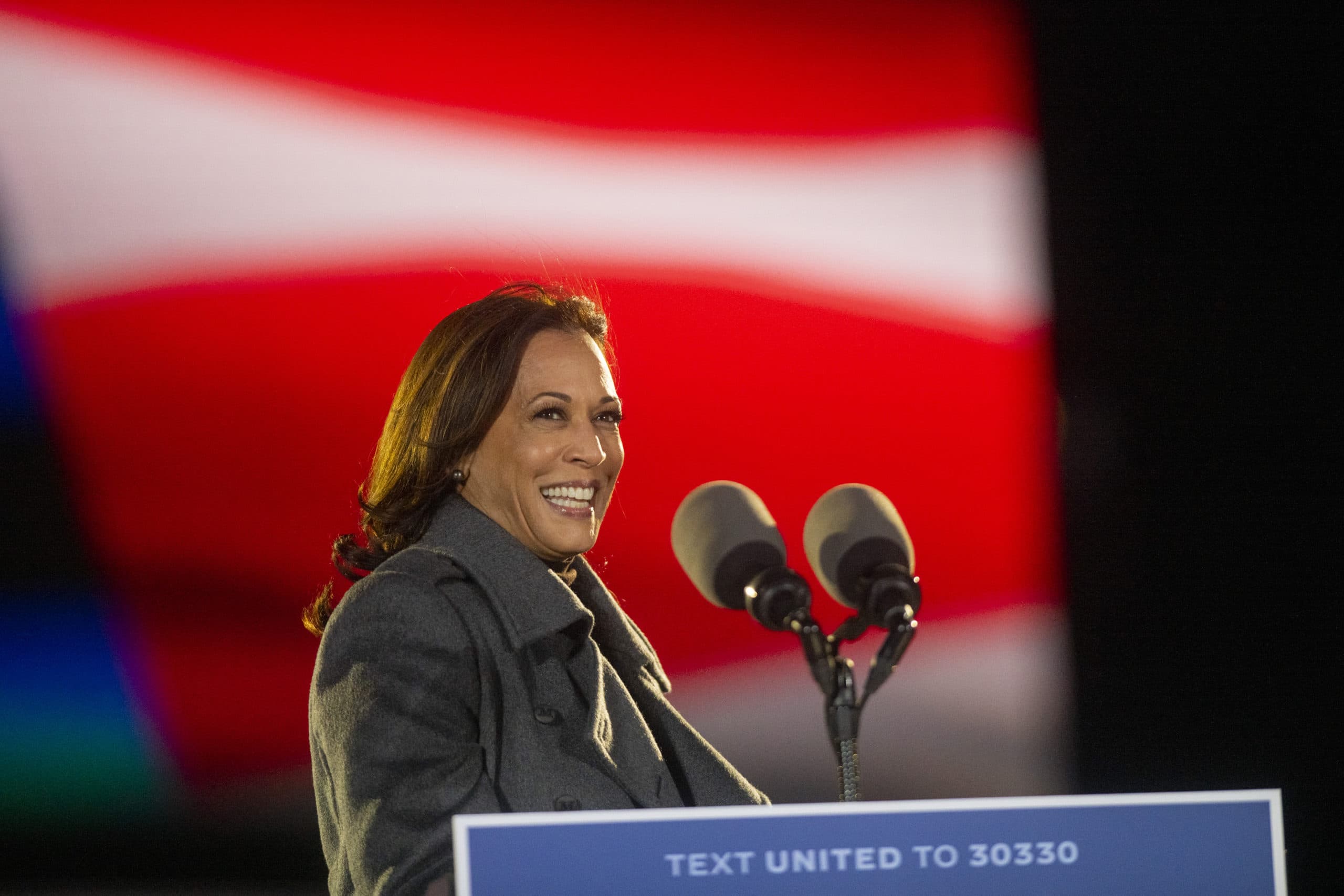As vice president-elect, Kamala Harris makes history in a number of ways: She is the first woman and Asian-American to be part of a winning presidential ticket, and will be the first Black American to become vice president.
KEY FACTS
• Biden and Harris secured the presidency on Saturday after an arduous four-day ballot-counting marathon against Republican incumbent Donald Trump.
• This makes Harris, the daughter of Jamaican and Indian immigrants, both of whom were civil rights activists, the first Black American, Asian American and woman of color to serve as the country’s second-in-command.
• Harris’ victory follows three unsuccessful campaigns from female nominees for the nation’s highest office: Hillary Clinton for president in 2016, Sarah Palin for vice president in 2008 and Geraldine Ferraro for vice president in 1984.
• Harris will also be the first graduate of a historically Black college or university—Howard University in Washington D.C.—to assume the position, making her and Biden the first leadership team without an ivy league degree.
• Harris served as California’s junior senator for four years, during which time she’s sat on the high-profile judiciary and intelligence committees.
• Before she was elected to the senate in 2016, Harris, a career prosecutor, served as San Francisco’s attorney general from 2004 to 2011, and then moved on to become California’s attorney general for six years starting in 2011.
CRUCIAL QUOTE
“That I am here tonight is a testament to the dedication of generations before me,” said Harris when accepting the nomination at the Democratic National Convention. “They organized, marched, and fought—not just for their vote, but for a seat at the table.”
KEY BACKGROUND
Biden’s selection of Harris as his running mate earlier this year drew broad praise, though some on the right criticized her for being too liberal, while some on the left criticized her as being not liberal enough. In particular, Harris’s record as a prosecutor became a source of intense public scrutiny during her own run for president this year, with critics accusing it of contradicting her role as a leading voice against police misconduct. During her first term as California’s attorney general, Harris was largely adverse to prosecuting police killings, but shifted course slightly in her second term—expanding her office’s involvement in reviewing police misconduct and pushing for modest reform. Over the summer, Harris led calls and sponsored legislation for sweeping changes in policing following the deaths of numerous Black men and women in police custody.
-By Jemima McEvoy, Forbes Staff
